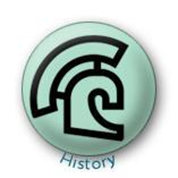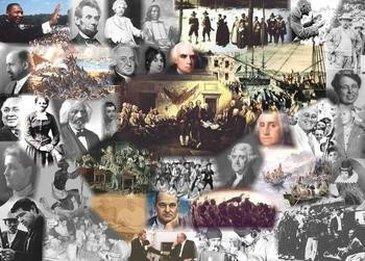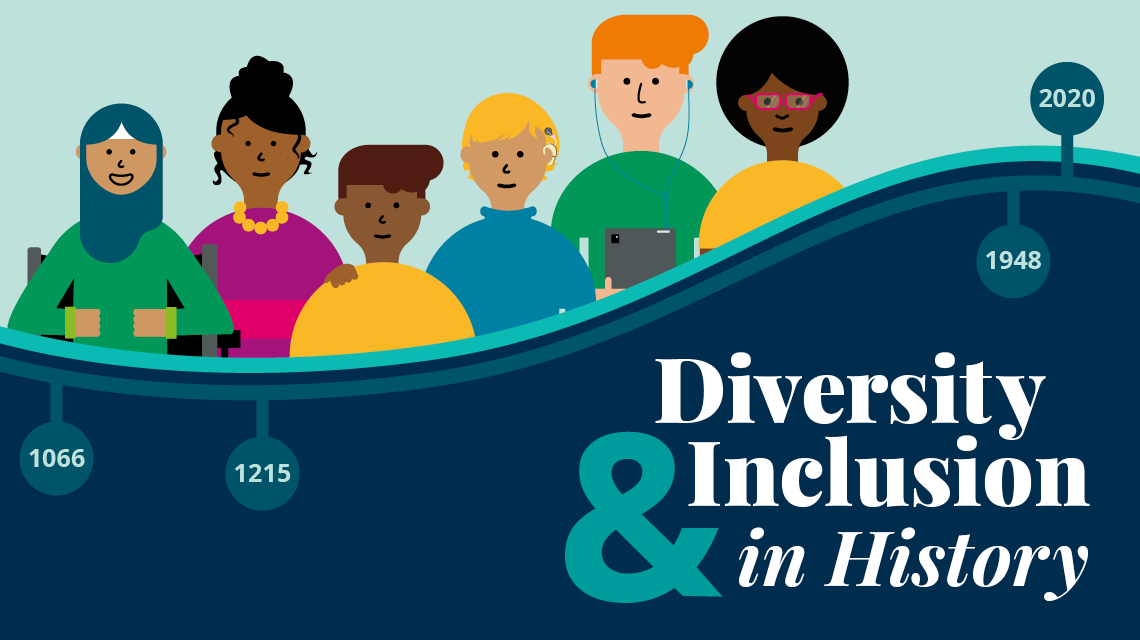History |
Staff
Mr D Crumpton
|
Curriculum overviewHistory in our locality, in Britain and in other parts of the world. In History learners show their understanding by making connections between events and changes in the different periods studied, and by comparing the structure of societies and cultural, economic and political developments. They evaluate and use sources of information, using their historical knowledge to analyse the past and explain how it can be represented and interpreted in different ways. History offers opportunities for learners to:
|
KS3What is taught in Key Stage 3 History: Introduction to History Medieval people at war, work and worship Medieval life and Birmingham through time The Early Modern world and the Tudors From Civil War to Empire The impact of industry Victorian values and the impact of empire A traumatic century (the first half of the twentieth century) Unfinished business! Post war Britain and conclusions about the twentieth century |
|
|
Key Stage 4/5What is taught in Key Stage 4 History: ASDAN History Short Course: Local History British History - Our Island Stories Britain, the Empire and the World History from Below European History History in the World |
Assessment at Keystage 4/ 5OCR Entry Level History One from: • Crime and Punishment • People’s Health • Migration • War and British Society • Power, Monarchy and Democracy. One from: • Germany 1925–55 • The USA 1919–74 • Normans 1065–1087 • Elizabethans 1580–1603 • The Making of America 1789–1900 • The Viking Age c. 750–c. 1050 • Britain: Peace and War 1900–18 • International Relations 1918–2001. Learners choose either a site or an individual to study and complete two pieces of work: • A biography (of the person) or guide (to the site) • An explanation of the importance and impact of their site or individual over time. |
Exam board websiteshttps://www.asdan.org.uk/courses/programmes/history-short-course https://www.ocr.org.uk/qualifications/entry-level/history-r435-from-2016/ https://www.ocr.org.uk/qualifications/gcse/history-b-schools-history-project-j411-from-2016/ |
Other useful websites:https://www.birminghammuseums.org.uk/bmag |
|
Possible future careers Studying History can lead to a great number of excellent careers as diverse as the media, government, heritage organisations, conservation, teaching, archives, museums and galleries, the police and law. History equips learners with many skills that are attractive to employers. History is actually very practical, because it involves: - learning about people – how they interact, the motives and emotions that can tear people apart into rival factions or help them to work together for a common cause (useful knowledge for team-building at work!); - learning about countries, societies and cultures – so many of today's conflicts and alliances have their roots in the past; how can you negotiate with, trade successfully with, or report on a country if you know nothing of its history? - learning to locate and sift facts – to identify truth and recognise myth, propaganda and downright lies (useful in every aspect of life!); - presenting what you've learned in a way that makes sense to others – whether in graphs, essays or illustrated reports – and having the confidence to defend your findings; All these skills are valuable in a whole range of jobs. So instead of only looking at ‘careers in History' you could also look at careers where it will help a lot if you've studied History. Find out more here: |
EnrichmentIn recent times the department has taken learners to historic sites including Birmingham Museum and Art Gallery, the Museum of the Jewellery Quarter, Soho House, Thinktank, The Black Country Museum, Staffordshire Regiment Museum, Bosworth, Kenilworth Castle and Stonehenge. The History department also has close links with Wessex Archaeology - the UK’s leading provider of archaeological and heritage services. Since June 2020 Wessex Archaeology has run a collection of digital engagement sessions with learners from Braidwood, giving us behind the scenes access to their archives. From these sessions our learners were given the task of choosing two artefacts to go into an interactive digital museum. In addition to this, our learners were set tasks to create a personal response which they could then share. Some of these responses can be seen here along with some of the discussions and images in the session films: |



